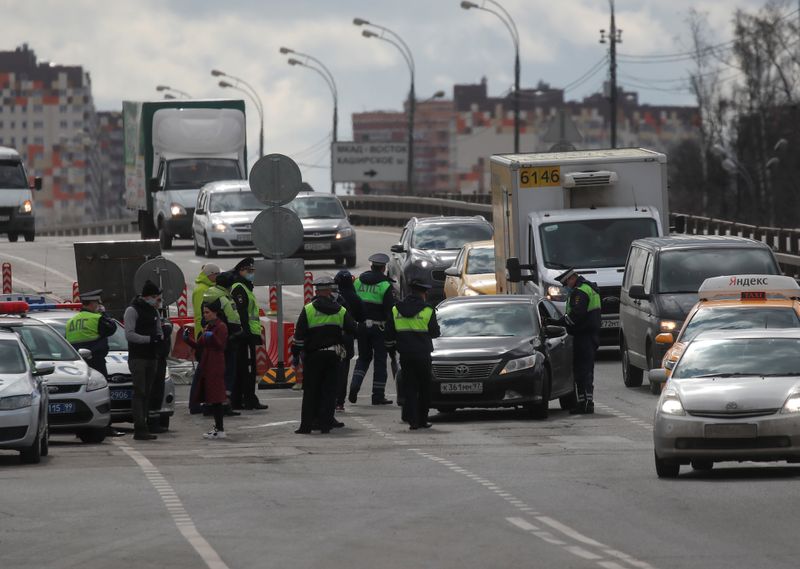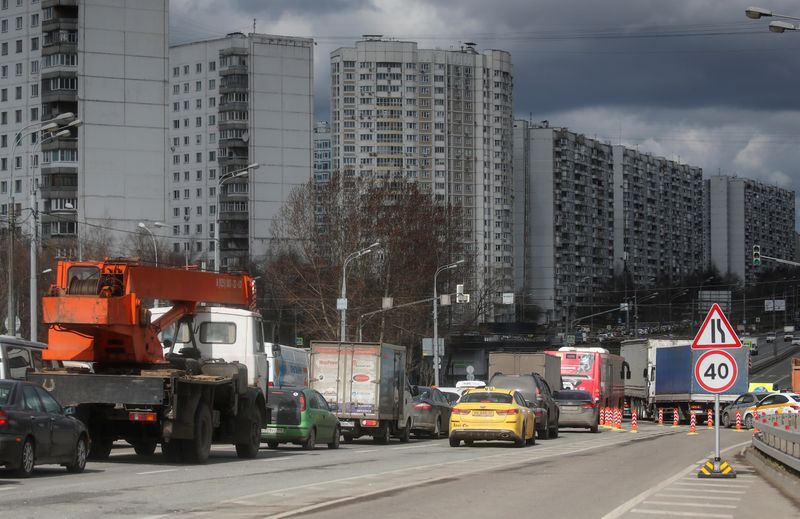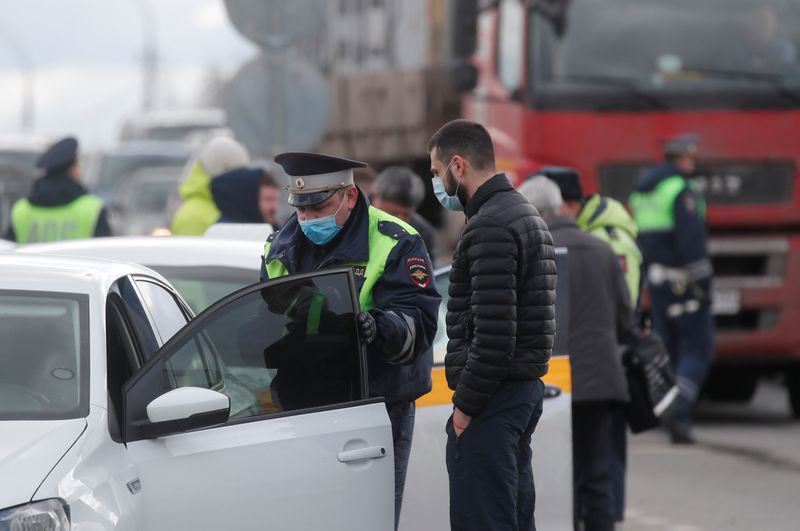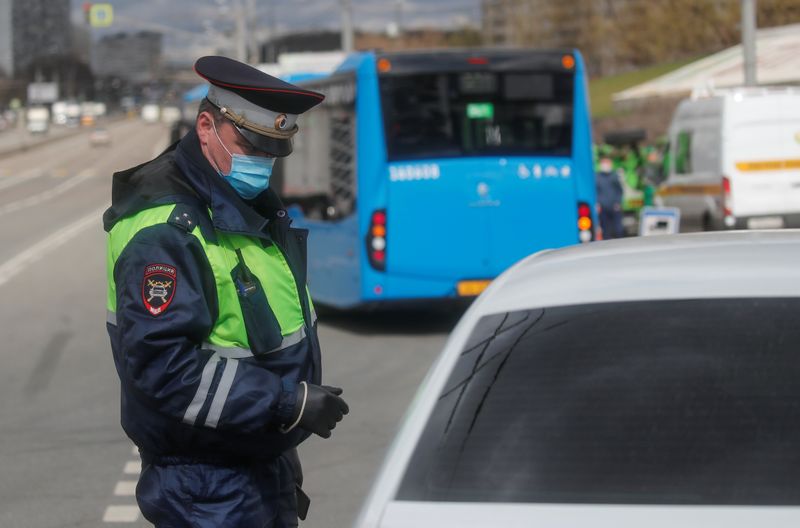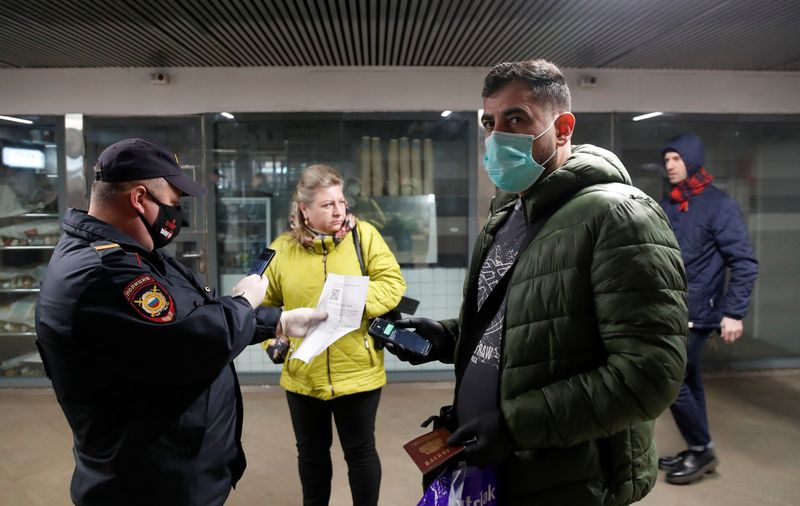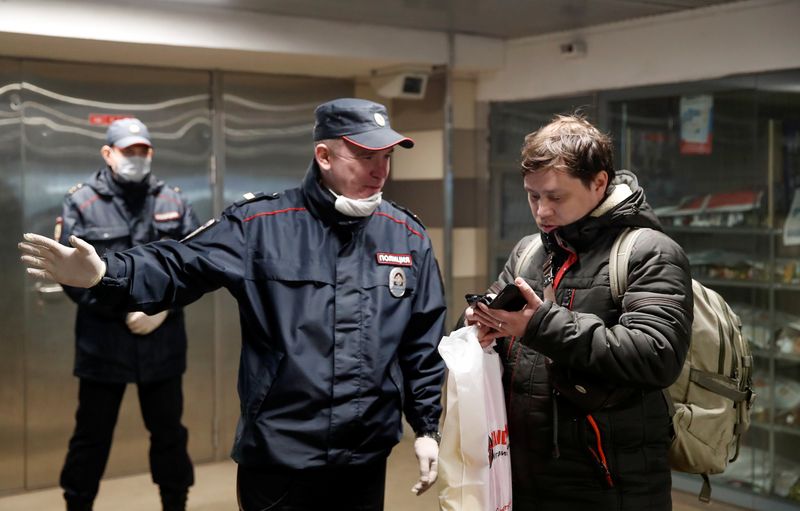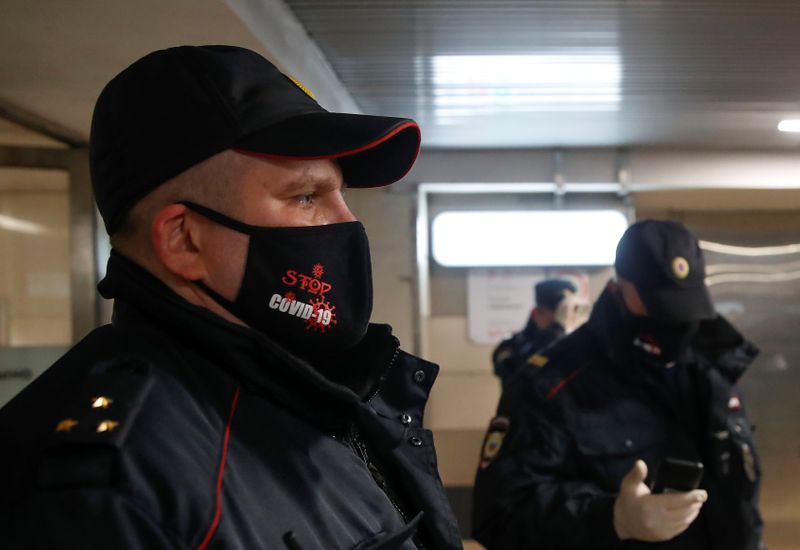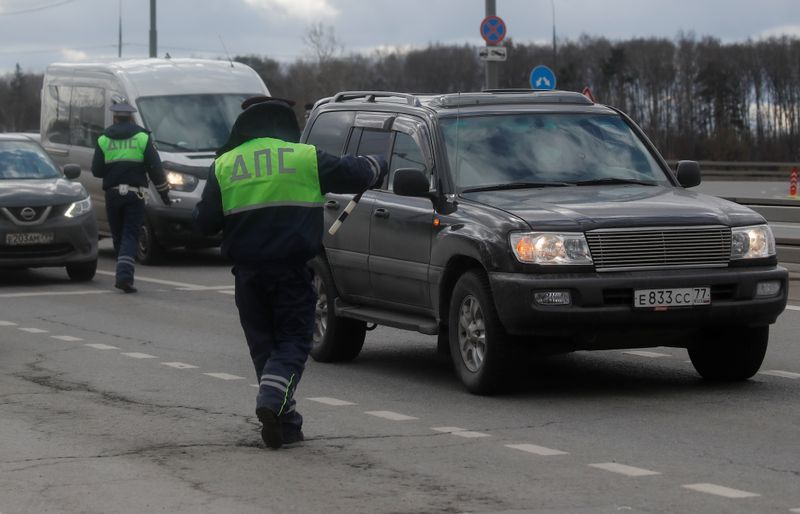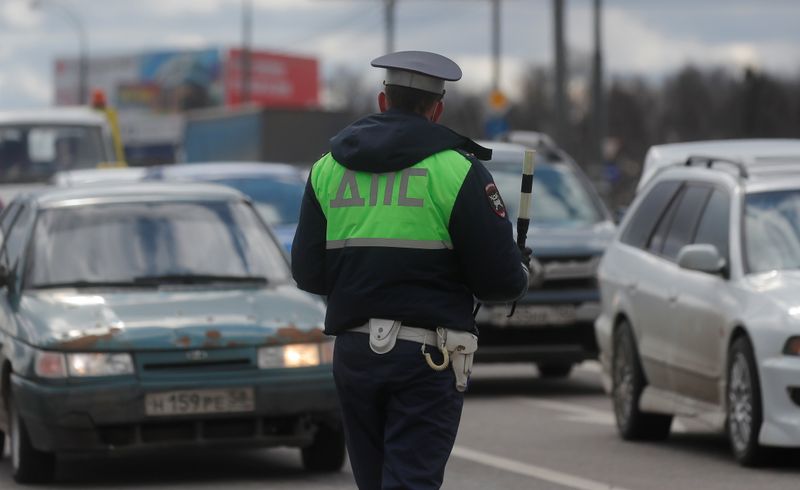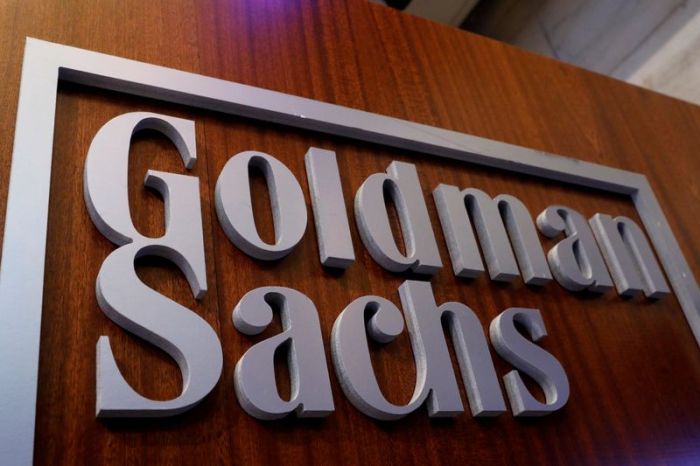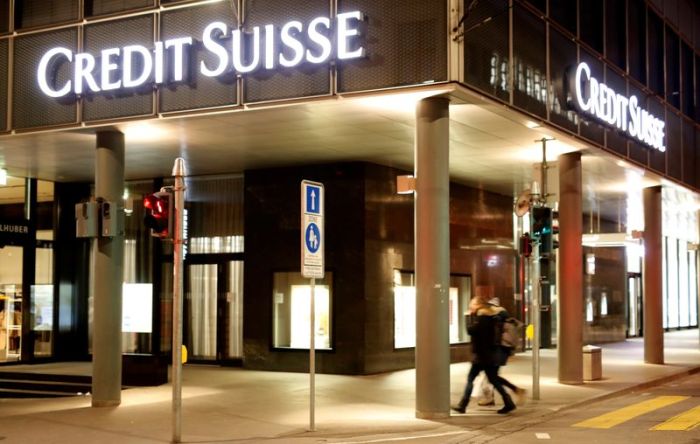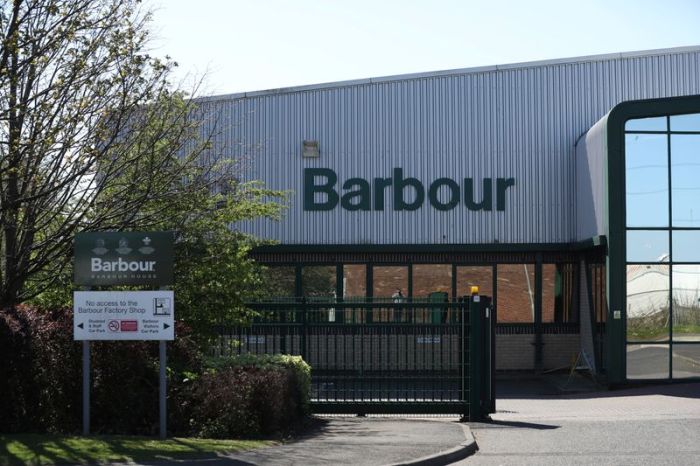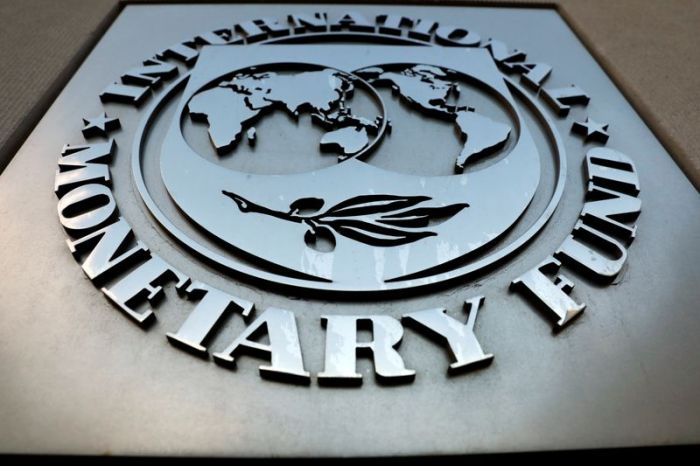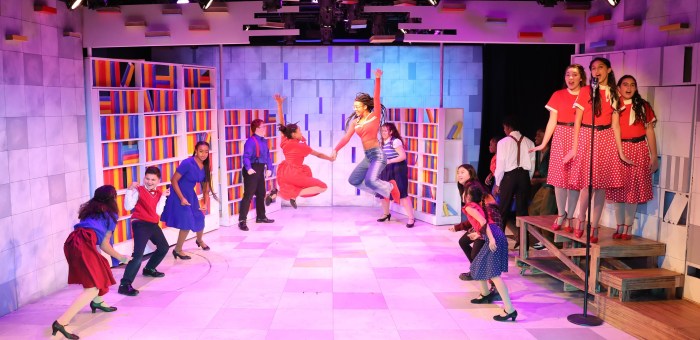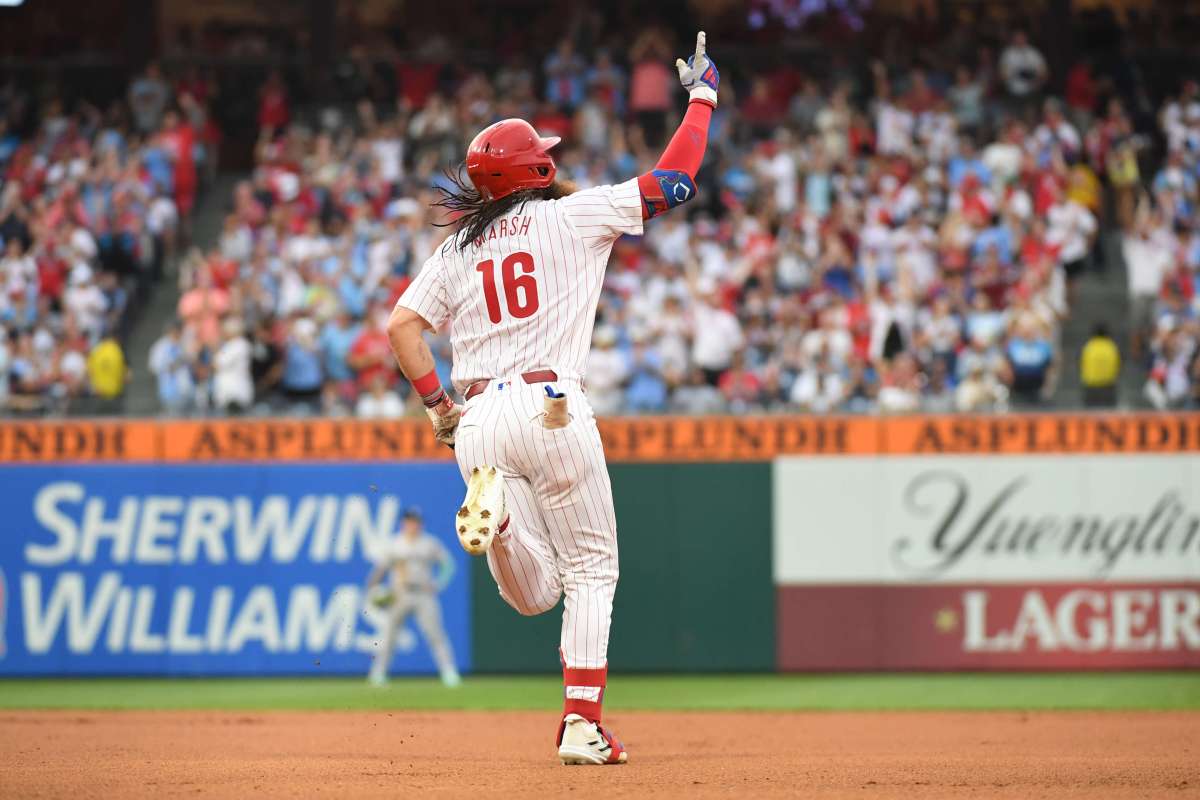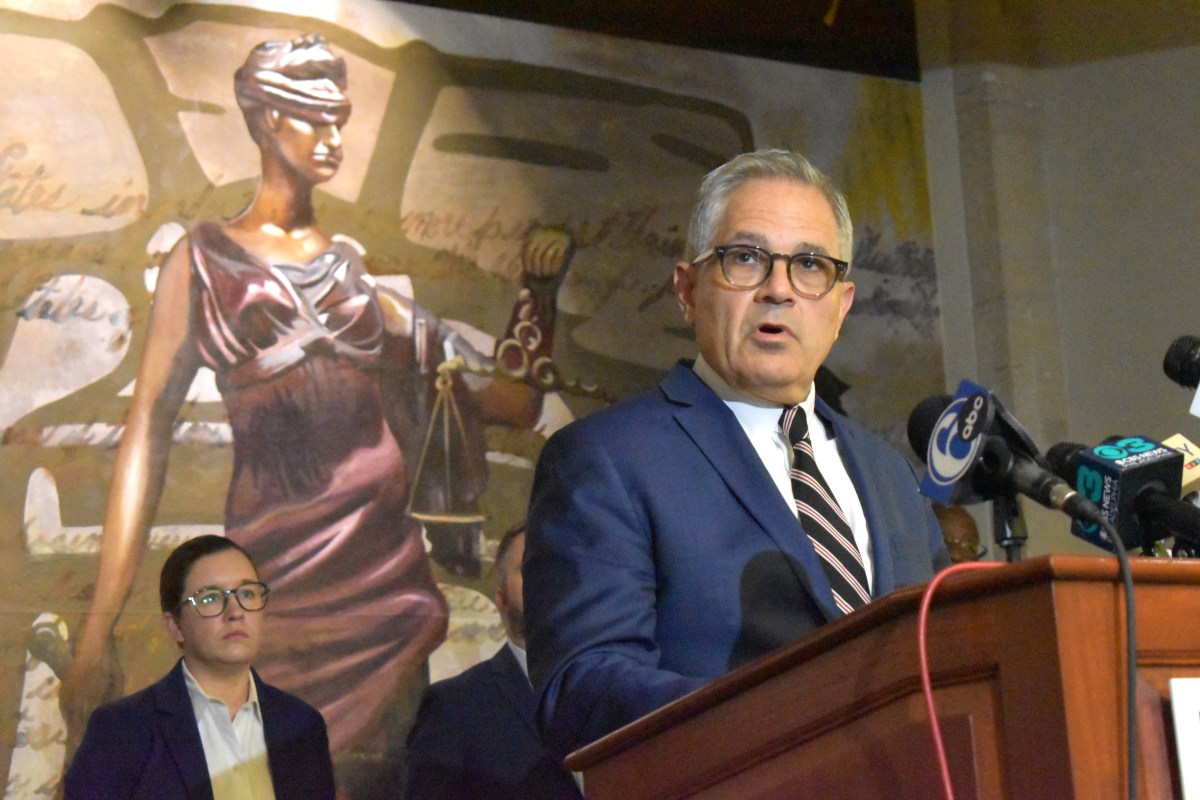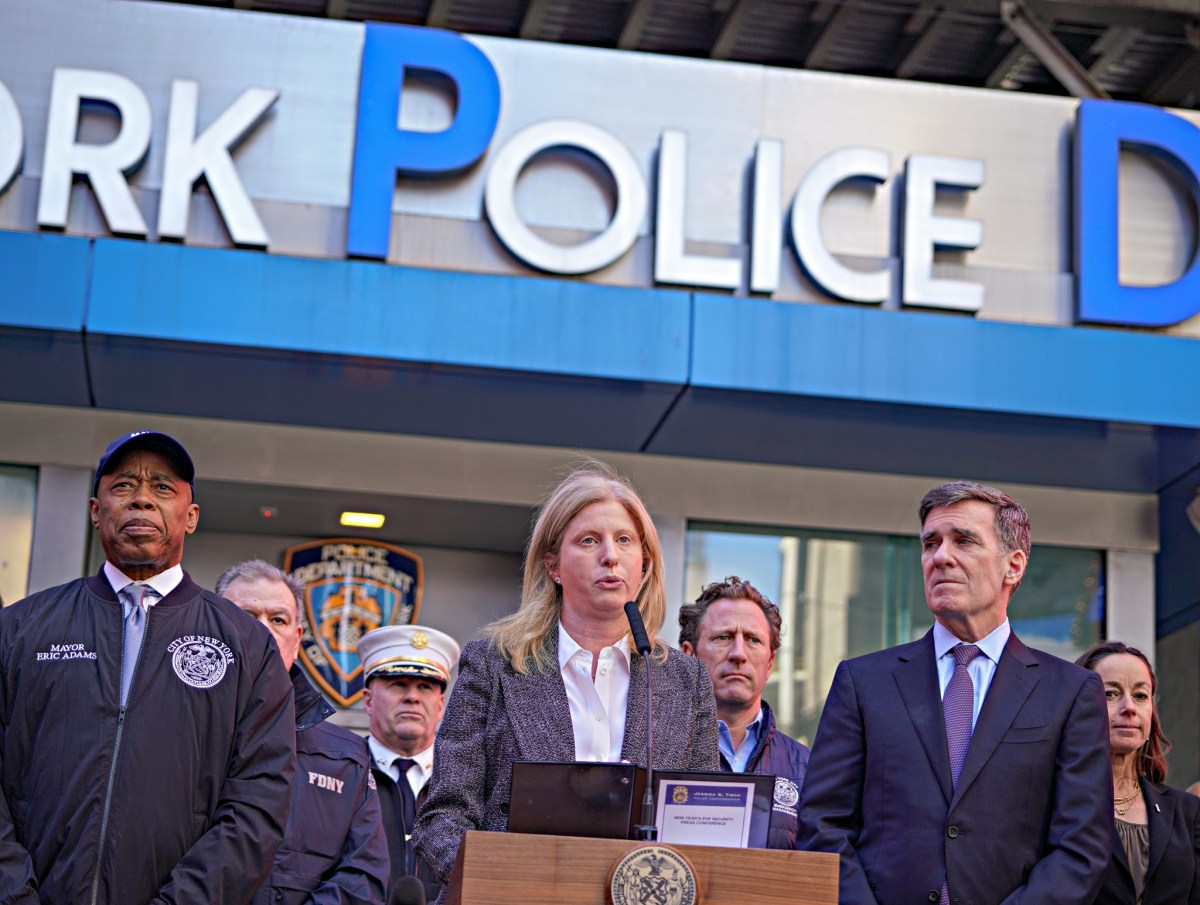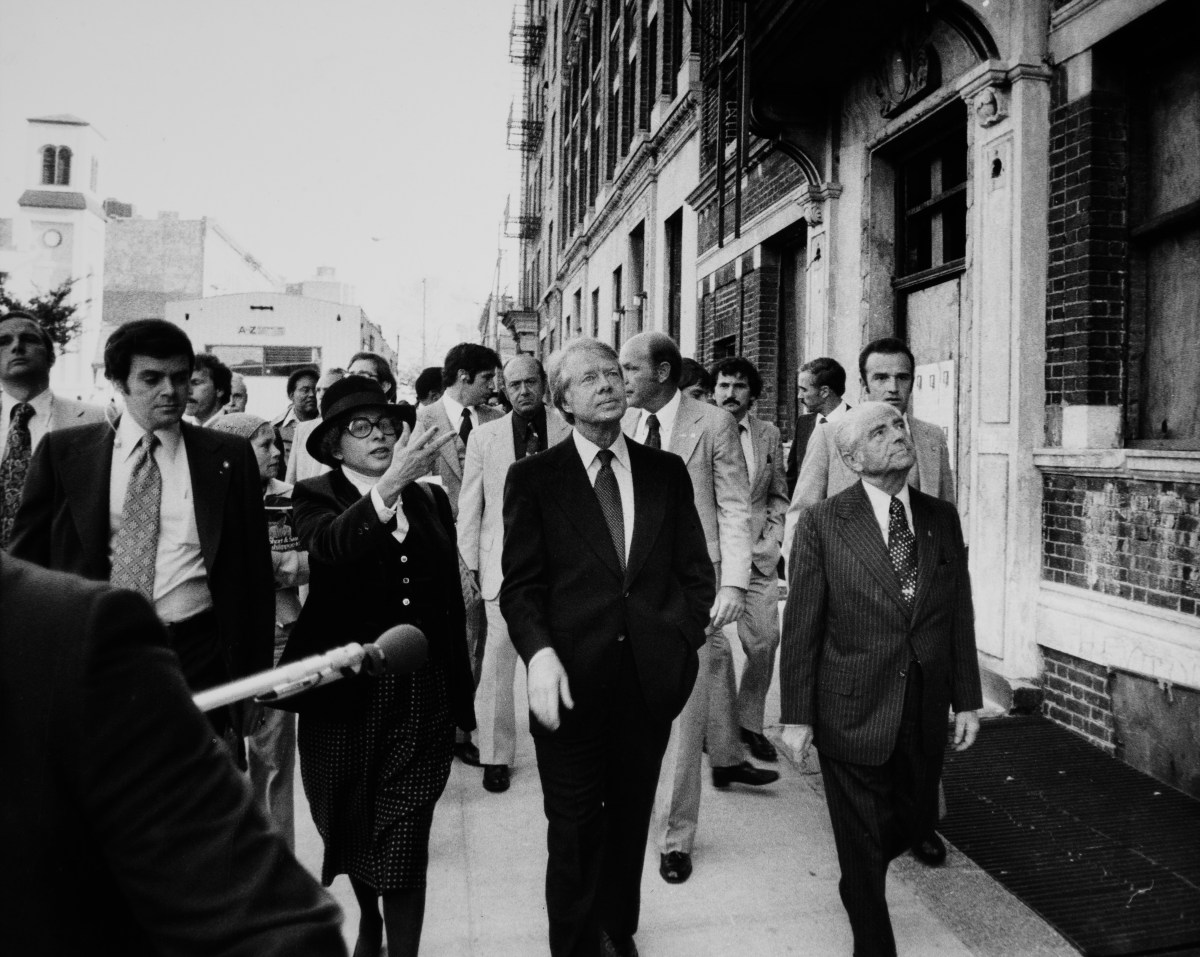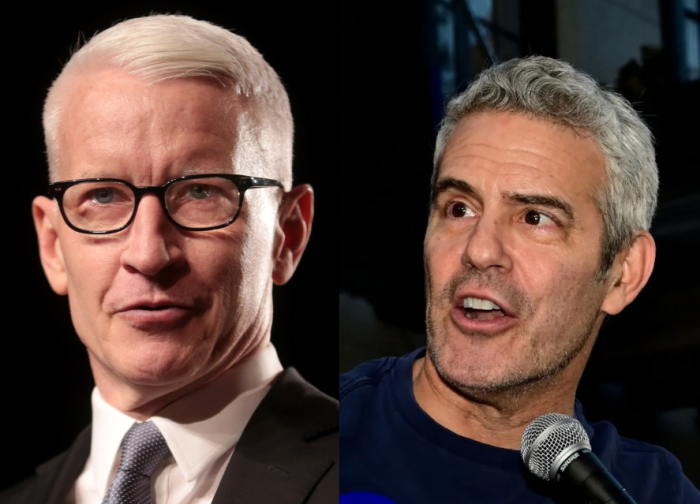MOSCOW (Reuters) – Moscow introduced a travel permit system on Wednesday to help it police a lockdown meant to slow the spread of the novel coronavirus, a move that initially created traffic jams and long queues of people wanting to use the metro.
The system’s introduction coincided with a record daily rise of 3,388 in the number of confirmed Russian cases of the virus, taking the nationwide tally to 24,490. The coronavirus response centre said 198 people had died, an overnight rise of 28.
Moscow, the worst-hit region, has imposed a city-wide lockdown, ordering its 12.7 million residents not to leave home except to buy food, get urgent medical treatment, walk the dog or go to work if absolutely vital and their business is open.
From Wednesday, any Moscow resident travelling by car or public transport had to show a permit containing a number code or a machine-readable “QR” barcode to justify their travel.
In the morning, photographs circulating on social media showed queues of hundreds of people standing close to one another in masks as they tried to enter the city’s metro stations.
Kremlin critics said the crowds had created hundreds of points for the virus to spread among doctors, couriers and other people working in important jobs that bring them into direct contact with other people.
“They’ve just reduced to zero everything (ie. self-isolation) we spent the last three weeks doing,” opposition politician Alexei Navalny wrote on social media.
‘A GIGANTIC CITY’
One doctor told Reuters she and several of her colleagues were 40 minutes late for their hospital shifts because of the queues.
Sergei Sobyanin, Moscow’s mayor, wrote on social media that the queues had been caused by police officers checking permits. He said he had asked police to prevent such crowds forming in future.
“The queues have been eliminated. Work has been normalised. But in future it will be necessary to move on to automated control. We’ll think about how to do this,” wrote Sobyanin.
Traffic police have also set up checkpoints on roads coming in and out of the Russian capital and said they will not let anyone pass without a permit.
There were reports of large traffic jams forming as a result.
The Kremlin said the crowding had been “bad, dangerous and undesirable”, but that city authorities were working to fix the issue and that it would be wrong to jump to conclusions about the permit system immediately after its introduction.
“It’s the first morning, its a gigantic city, not everything is going to go completely smoothly,” Kremlin spokesman Dmitry Peskov said.
(Additional reporting by Gleb Stolyarov and Maria Vasilyeva; Writing by Tom Balmforth; Editing by Andrew Osborn and Pravin Char)

